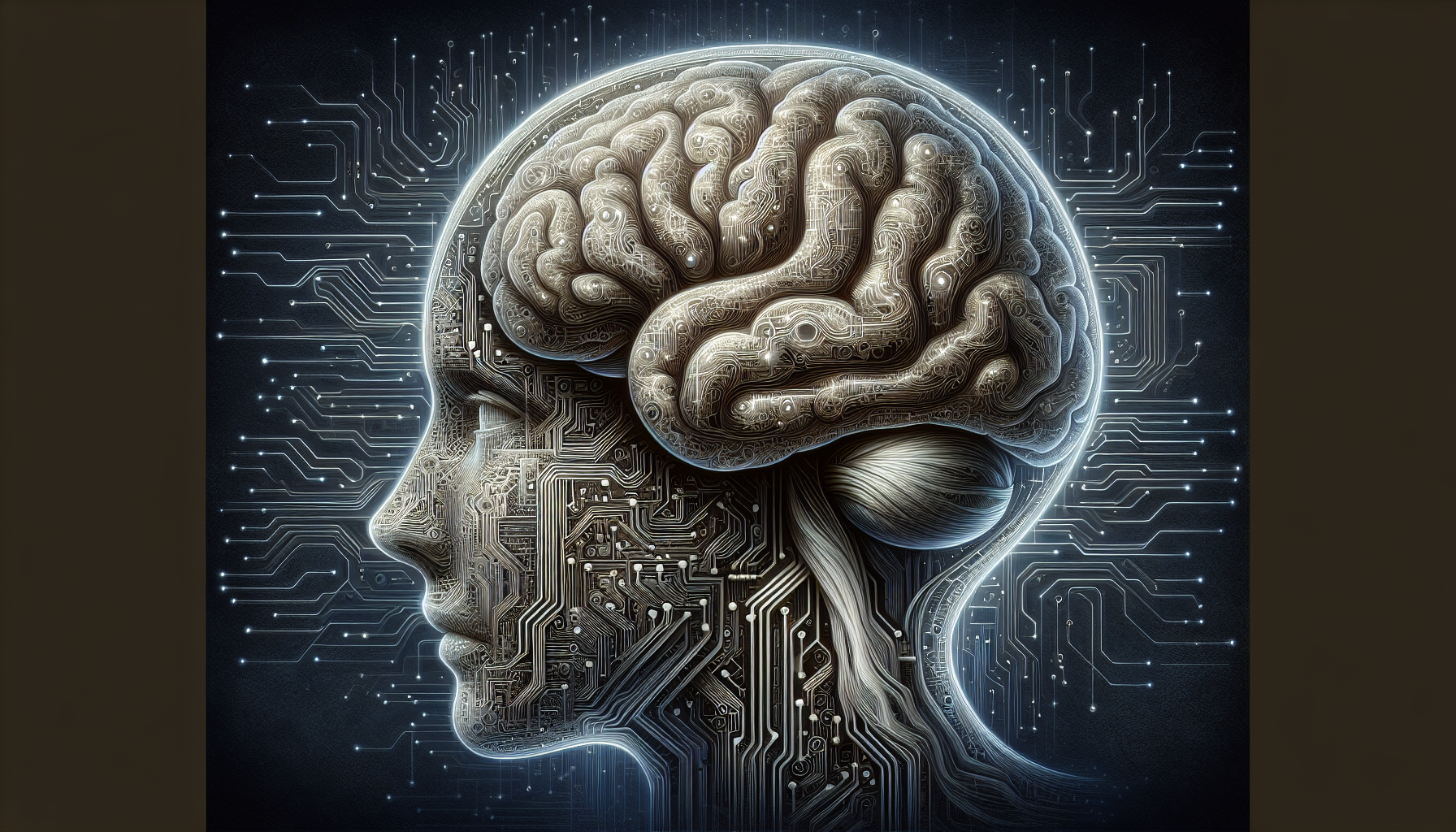Unlocking the Cybersecurity Vault: The Essential Role of Cybersecurity Analysts

Cybersecurity analysts are on the front lines of the battle against cybercrime. Their daily tasks are diverse and often unpredictable, reflecting the dynamic nature of cybersecurity threats. A typical day for an analyst may involve: - **Monitoring Security Alerts**: Analysts continuously review security alerts generated by various tools to identify potential threats. This monitoring is often done in real-time, requiring analysts to stay vigilant and responsive. - **Analyzing Potential Threats**: When anomalies are detected, analysts conduct thorough investigations to determine the nature and scope of the threat. This may involve examining network traffic, system logs, and other data sources. - **Conducting Vulnerability Assessments**: Regular assessments are vital for identifying weaknesses in systems and applications. Analysts use scanning tools to evaluate the security posture of their organization's infrastructure. - **Incident Response**: When a security incident occurs, analysts must act swiftly to contain the breach, mitigate damage, and restore normal operations. This includes coordinating with other teams and communicating findings to stakeholders. For example, a cybersecurity analyst may use Security Information and Event Management (SIEM) systems to aggregate and analyze security data from multiple sources. By continuously monitoring network traffic, they can identify unusual patterns that might indicate a cyberattack. Swift action taken by these professionals can mean the difference between a minor incident and a full-blown data breach.
Required Skills and Qualifications
To thrive in this challenging environment, cybersecurity analysts must possess a unique blend of technical and soft skills. Some of the key skills required include: - **Technical Proficiency**: A deep understanding of networking, operating systems, and security protocols is essential. Familiarity with programming languages, such as Python or Java, can enhance an analyst's ability to automate tasks and develop security solutions. - **Analytical Skills**: The ability to interpret complex data and make informed decisions based on threat intelligence is crucial. Analysts must identify patterns and draw conclusions from vast amounts of information. - **Effective Communication**: Cybersecurity analysts often need to convey technical information to non-technical stakeholders. Strong communication skills are vital for collaboration with various teams within an organization. - **Adaptability and Continuous Learning**: The field of cybersecurity is ever-changing. Analysts must stay updated on the latest threats, vulnerabilities, and security technologies. Certifications play a significant role in career advancement within cybersecurity. Credentials such as Certified Information Systems Security Professional (CISSP) or Certified Ethical Hacker (CEH) not only validate an analyst's expertise but also signal their commitment to ongoing professional development. These certifications can enhance job prospects and provide a competitive edge in the job market.
Emerging Technologies Shaping Cybersecurity
The landscape of cybersecurity is continually evolving, influenced by advancements in technology. Analysts must stay ahead of the curve by adapting to new tools and methodologies. Notable emerging technologies include: 1. **Artificial Intelligence (AI) and Machine Learning (ML)**: These technologies are being leveraged to enhance threat detection and response capabilities. By analyzing vast amounts of data, AI can identify patterns and anomalies that human analysts might miss, allowing for quicker and more accurate responses to threats. 2. **Extended Detection and Response (XDR)**: This holistic approach integrates multiple security products into a unified solution, providing analysts with a comprehensive view of an organization's security posture. XDR enhances the ability to detect and respond to threats across various environments, making the process more efficient and effective. 3. **Zero Trust Architecture**: This security model operates on the principle that no user or device should be trusted by default, regardless of their location. Analysts must adopt a Zero Trust mindset, continuously verifying identities and access rights to minimize the risk of breaches. These technologies not only enhance the capabilities of cybersecurity analysts but also help organizations shift from reactive to proactive security measures, ultimately reducing the risk of cyber incidents.
As the digital landscape continues to expand, the role of cybersecurity analysts remains more critical than ever. Their daily tasks, required skills, and adaptability to emerging technologies are essential in the ongoing fight against cyber threats. By understanding the complexities of this profession, we can gain a deeper appreciation for the work cybersecurity analysts do to protect our digital lives. For those aspiring to enter the cybersecurity field, networking on platforms like LinkedIn can be incredibly beneficial. Engaging with industry professionals, joining relevant groups, and following companies known for their cybersecurity efforts can lead to valuable job opportunities. Companies like Cisco, Palo Alto Networks, and IBM frequently seek skilled cybersecurity analysts. Job titles to look for include Security Analyst, Information Security Analyst, and Cyber Threat Analyst. As we move forward, fostering a new generation of skilled cybersecurity professionals will be vital in maintaining the security and integrity of our information in an increasingly interconnected world. The importance of cybersecurity analysts cannot be overstated; they are indeed the gatekeepers of our digital vaults.
Security Operations Center (SOC) Analyst
Booz Allen Hamilton, Northrop Grumman, Raytheon
Core Responsibilities
Monitor and analyze security events in real-time using SIEM tools to detect potential threats.
Respond to security incidents by investigating alerts, containing breaches, and documenting findings.
Work closely with incident response teams to ensure effective mitigation of security threats.
Required Skills
Proficiency in security monitoring tools and technologies, such as Splunk or ArcSight.
Strong analytical skills to interpret security data and generate actionable insights.
Familiarity with incident response frameworks and methodologies.
Penetration Tester (Ethical Hacker)
Trustwave, Rapid7, FireEye
Core Responsibilities
Conduct simulated attacks on systems, networks, and applications to identify vulnerabilities.
Develop detailed reports on findings and suggest remediation strategies to enhance security posture.
Collaborate with development and IT teams to implement security best practices from the outset.
Required Skills
In-depth knowledge of penetration testing tools (e.g., Metasploit, Burp Suite).
Strong understanding of programming and scripting languages, such as Python or Ruby.
Certifications like Offensive Security Certified Professional (OSCP) are highly valued.
Cyber Threat Intelligence Analyst
CrowdStrike, Mandiant, FireEye
Core Responsibilities
Gather, analyze, and disseminate threat intelligence to inform security strategies and incident response.
Identify emerging threats and vulnerabilities, and assess their potential impact on the organization.
Collaborate with other analysts and security teams to develop proactive measures against identified threats.
Required Skills
Excellent research and analytical skills, with the ability to synthesize complex information.
Proficiency in threat intelligence platforms and frameworks (e.g., MITRE ATT&CK).
Strong understanding of cyber threat landscapes and attack vectors.
Cloud Security Engineer
Amazon Web Services, Microsoft, Google Cloud
Core Responsibilities
Design and implement secure cloud infrastructures, ensuring compliance with security best practices.
Conduct risk assessments and audits of cloud services to identify vulnerabilities and mitigate risks.
Collaborate with development teams to integrate security into the DevOps pipeline.
Required Skills
Expertise in cloud platforms (AWS, Azure, or Google Cloud) and their security features.
Knowledge of container security and orchestration tools (e.g., Docker, Kubernetes).
Relevant certifications such as Certified Cloud Security Professional (CCSP) or AWS Certified Security Specialty.
Information Security Compliance Analyst
Deloitte, PwC, KPMG
Core Responsibilities
Assess and ensure compliance with industry regulations and internal security policies.
Conduct audits and risk assessments to identify gaps in compliance and recommend improvements.
Develop and deliver training programs on security policies and compliance requirements to staff.
Required Skills
Familiarity with legal frameworks and standards such as GDPR, HIPAA, and PCI DSS.
Strong analytical and organizational skills to manage compliance documentation and reports.
Experience with compliance management tools and risk assessment methodologies.


